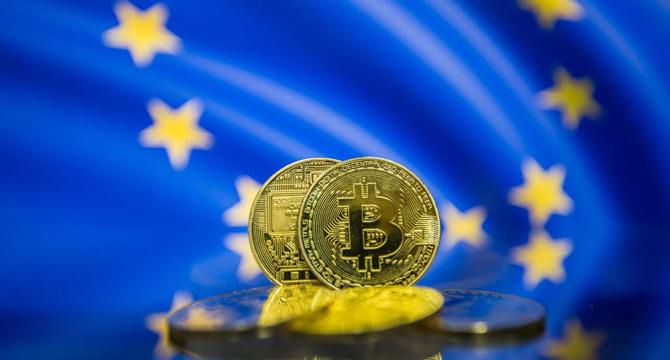Fintechnews
2M
322

Image Credit: Fintechnews
Crypto Regulation Accelerates Worldwide, with Europe at the Forefront
- In 2024, global jurisdictions strengthened regulatory frameworks for cryptocurrencies and digital assets to protect consumers, prevent financial crimes, and foster innovation.
- Europe leads in crypto regulation with the EU's Markets in Crypto-Assets Regulation (MiCAR) setting common rules for consumer protection and market integrity.
- MiCAR aims to regulate various crypto-assets and service providers, allowing traditional financial institutions to engage in the crypto market.
- The transition to MiCAR compliance varies across EU member states, with different deadlines for existing crypto businesses to adapt.
- The UK is also advancing crypto regulation, bringing activities into the regulated financial services perimeter to enhance consumer protection.
- Draft legislation in the UK proposes oversight for crypto exchanges, dealers, and agents, similar to traditional financial institutions.
- Regulatory trends in 2025 include new regimes for crypto in emerging markets and intensified regulation of stablecoins in jurisdictions like Hong Kong and Singapore.
- The PwC report highlights advancements in global crypto regulations, with jurisdictions aiming to balance innovation and consumer protection.
- Countries like the UAE and Bahrain are introducing frameworks for digital assets, while the UK and EU focus on strengthening protections for consumers.
- The trend of regulating stablecoins is increasing, with a focus on reliability and reserve backing in jurisdictions like Hong Kong and Singapore.
Read Full Article
19 Likes
For uninterrupted reading, download the app